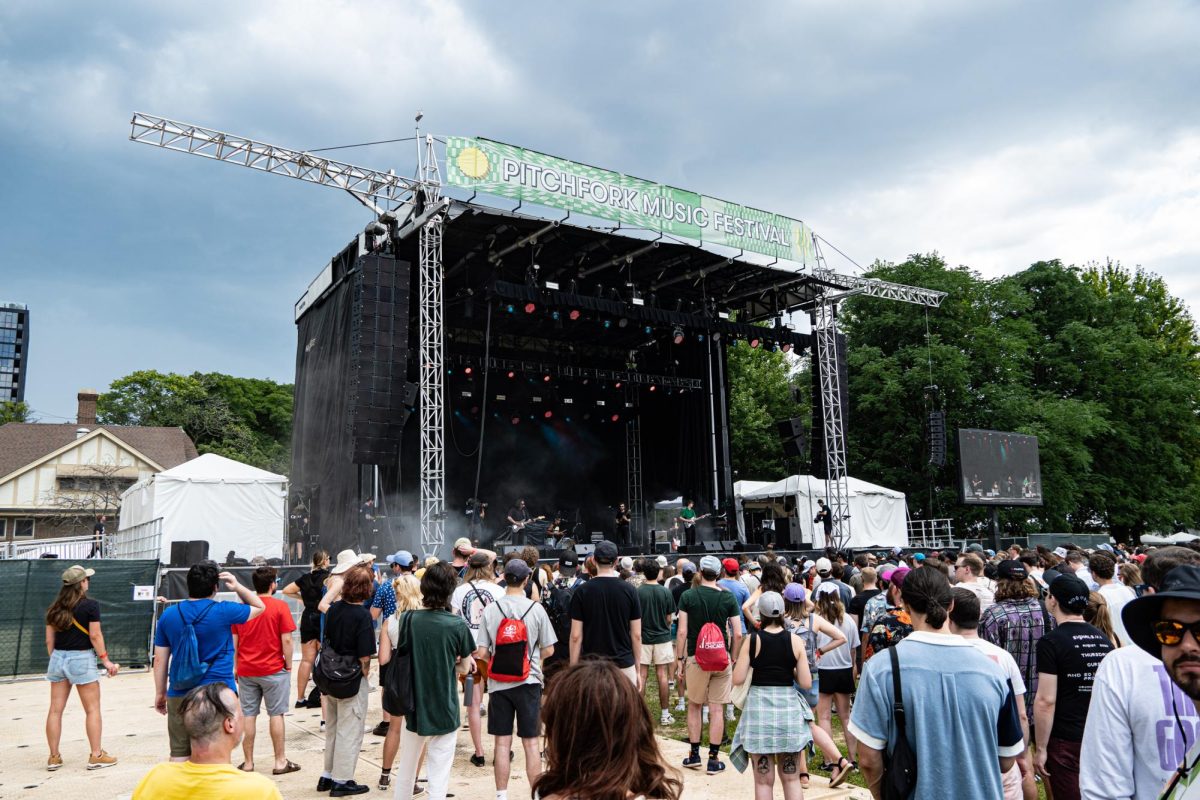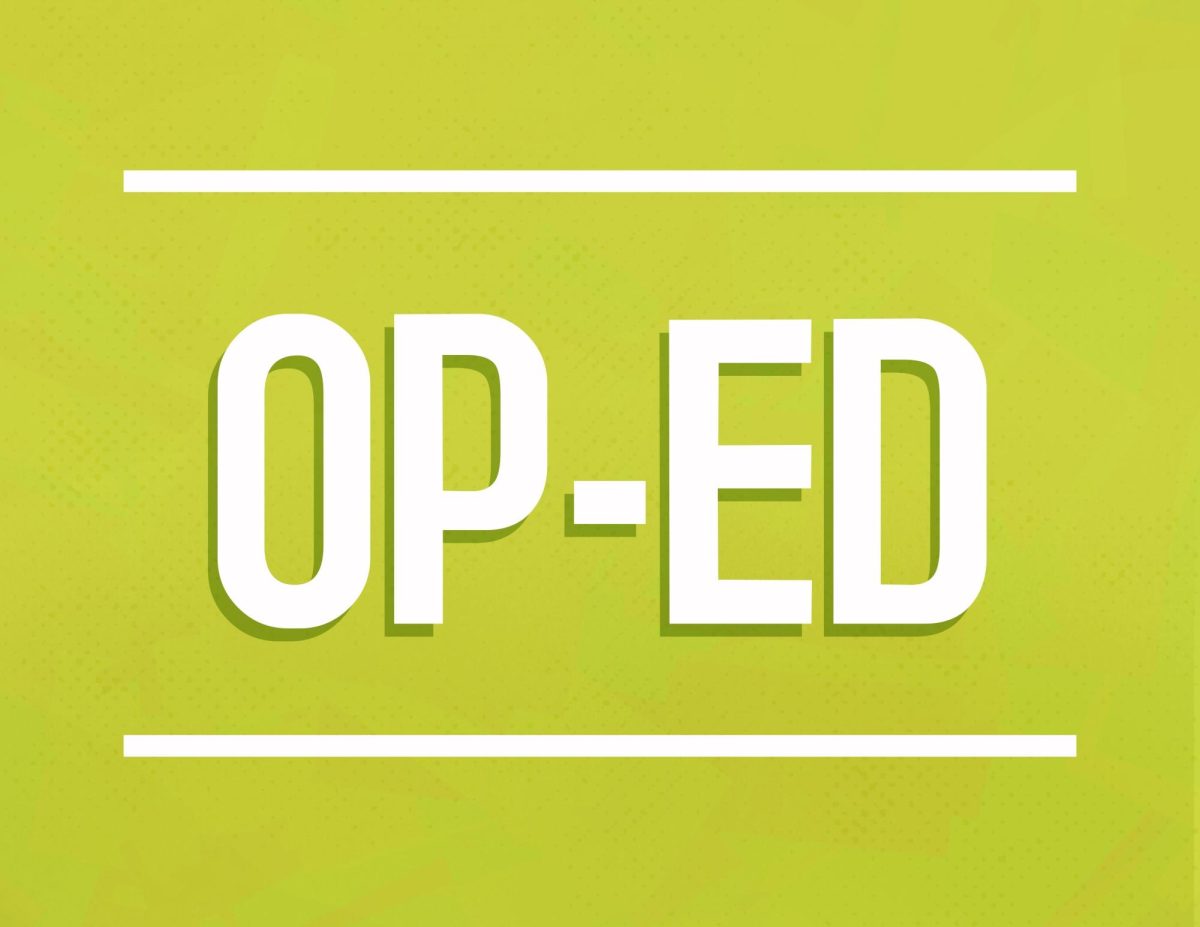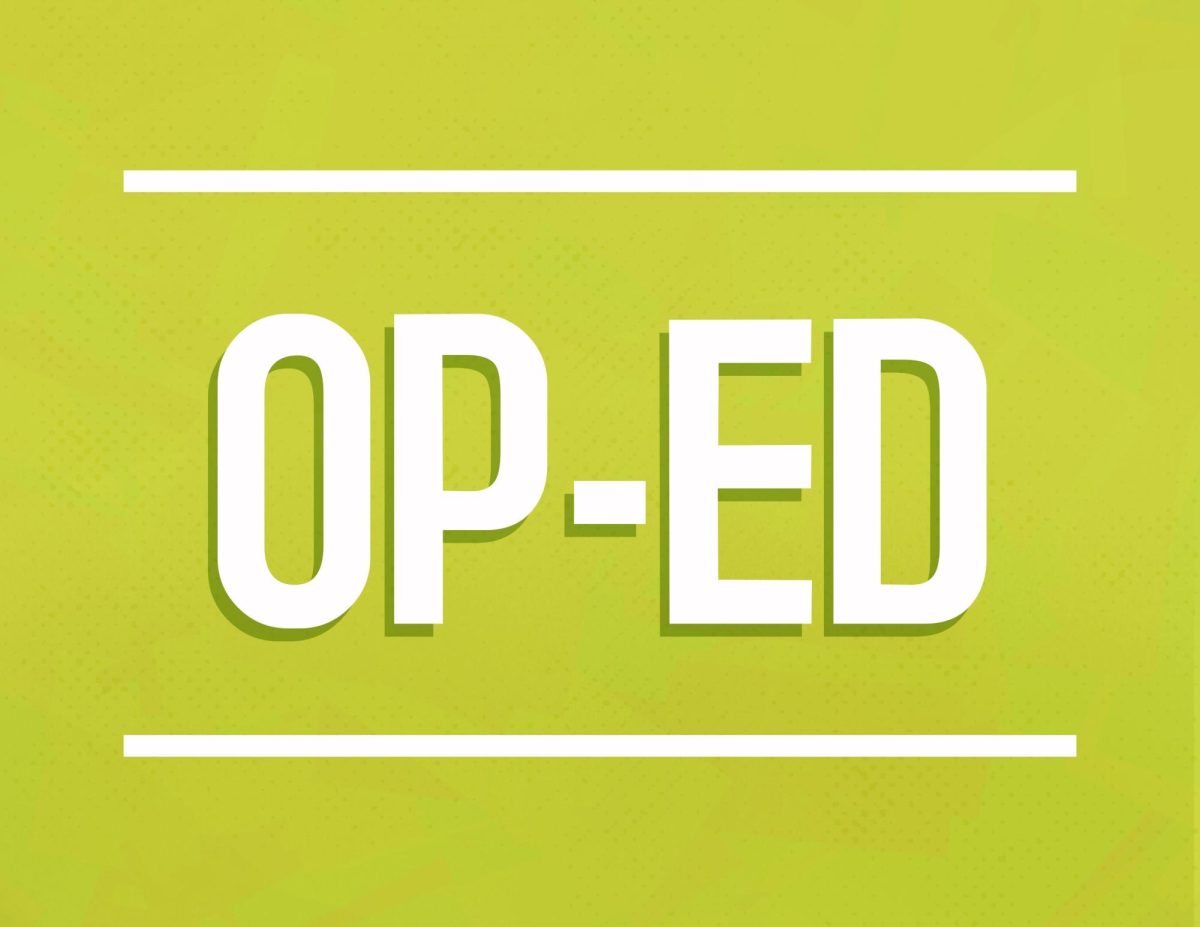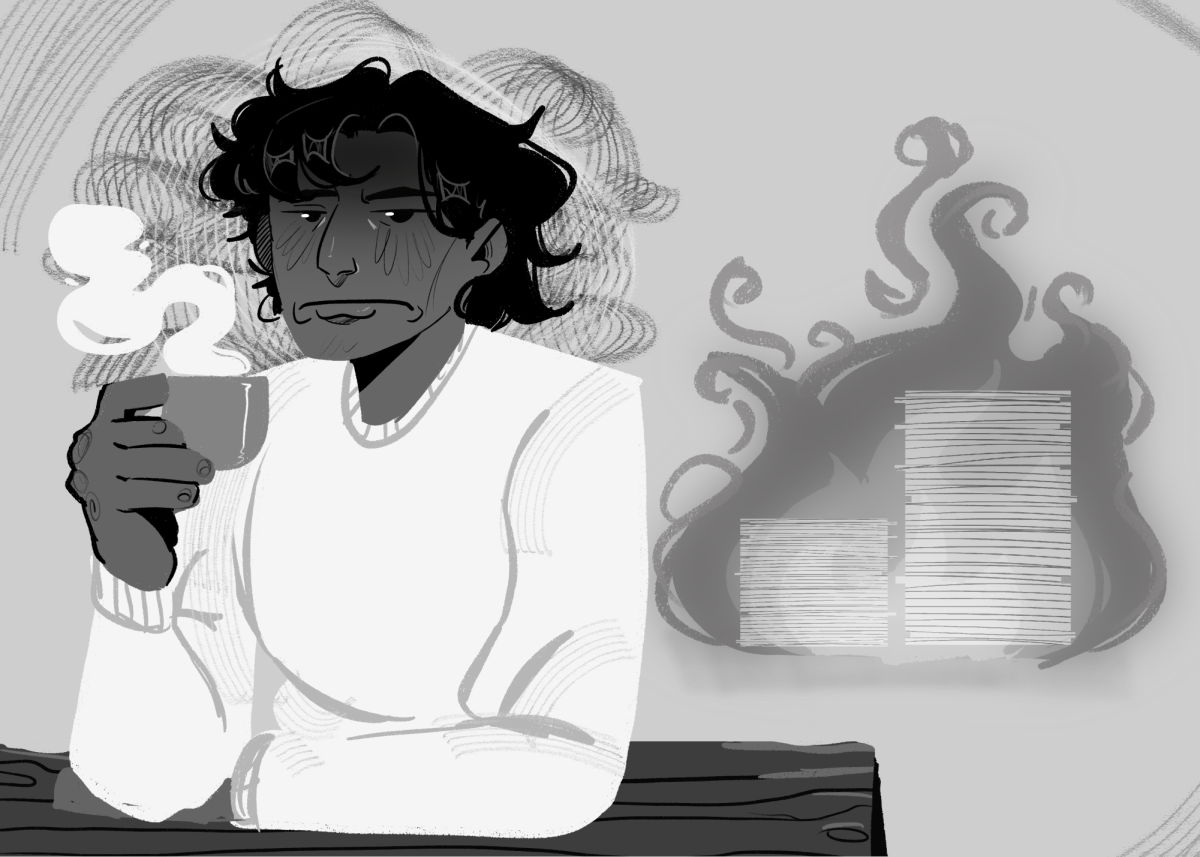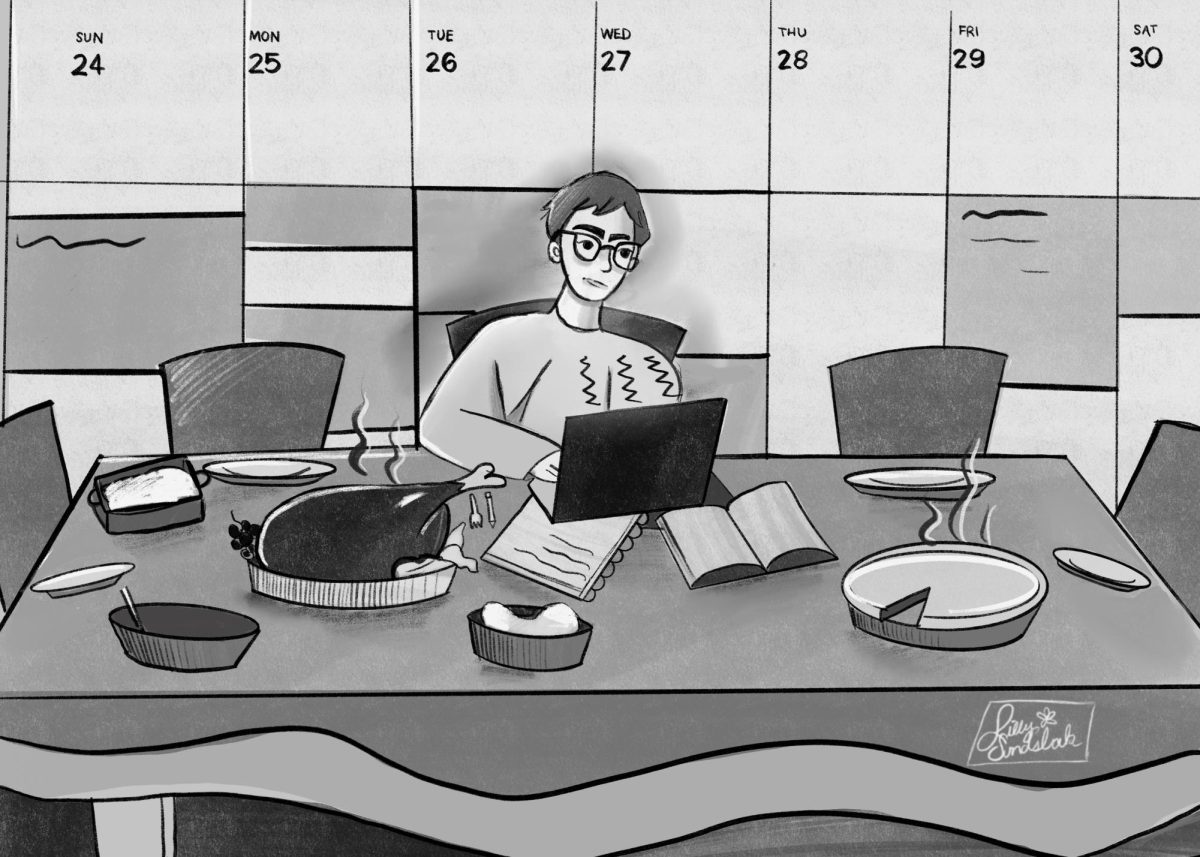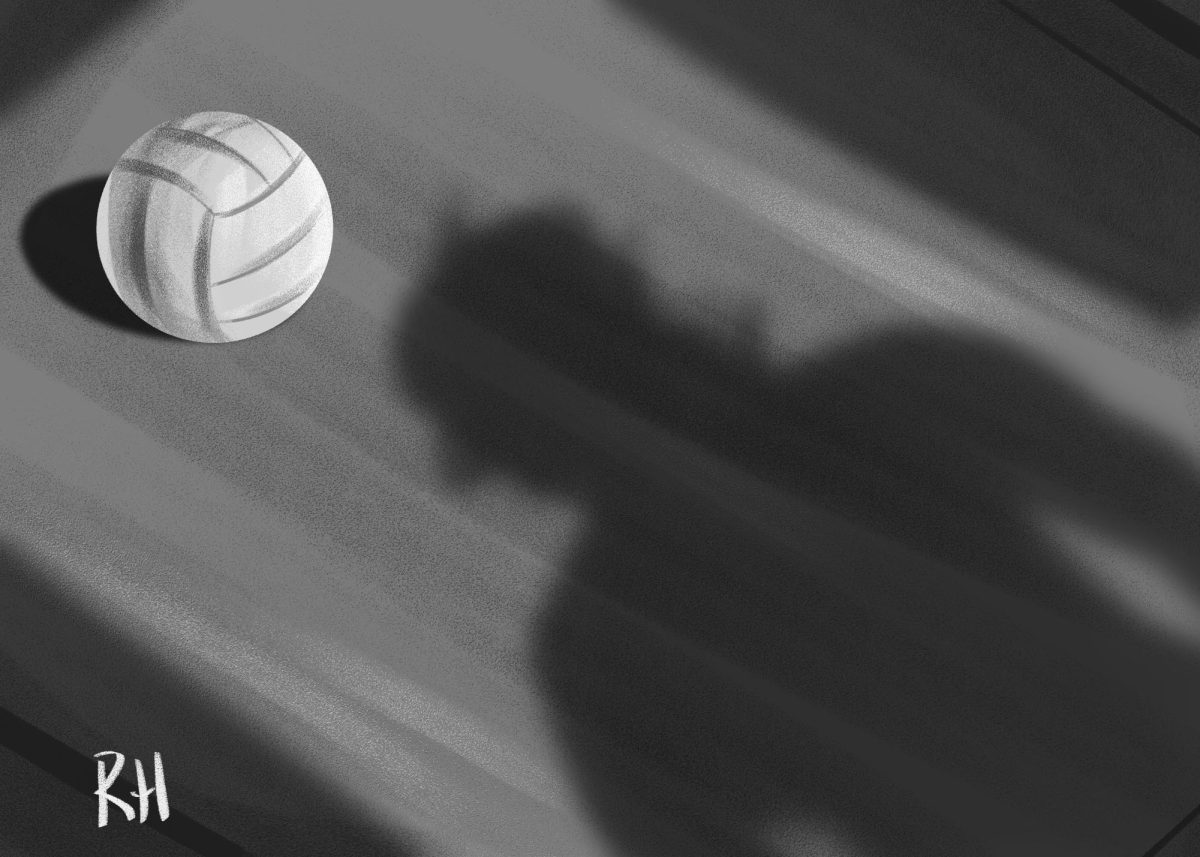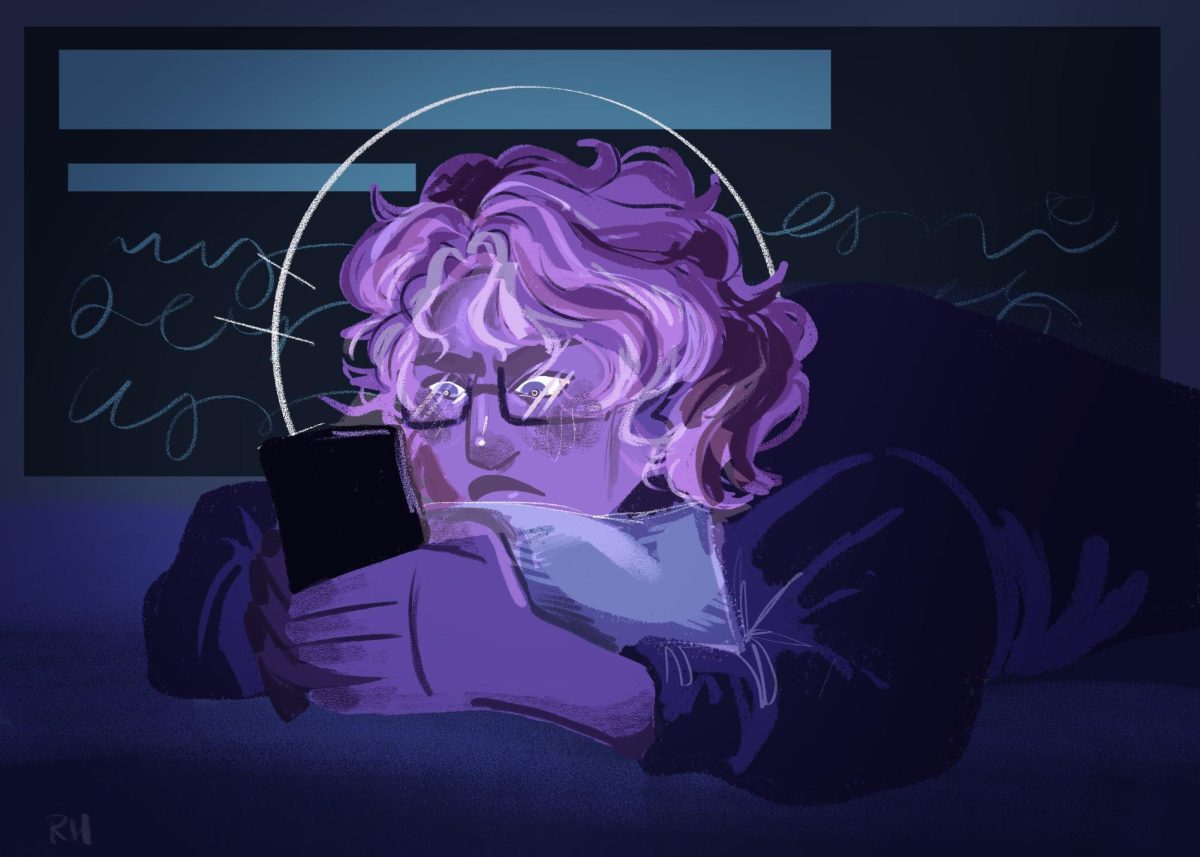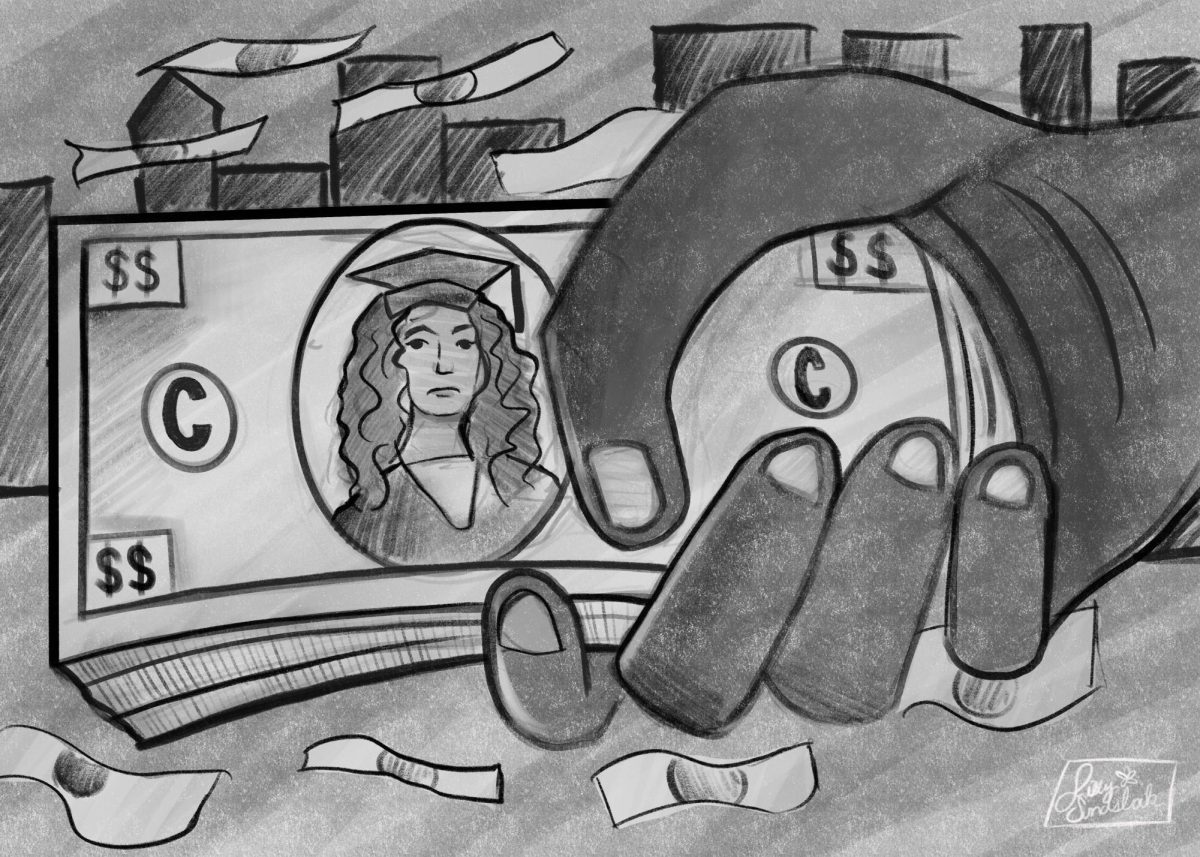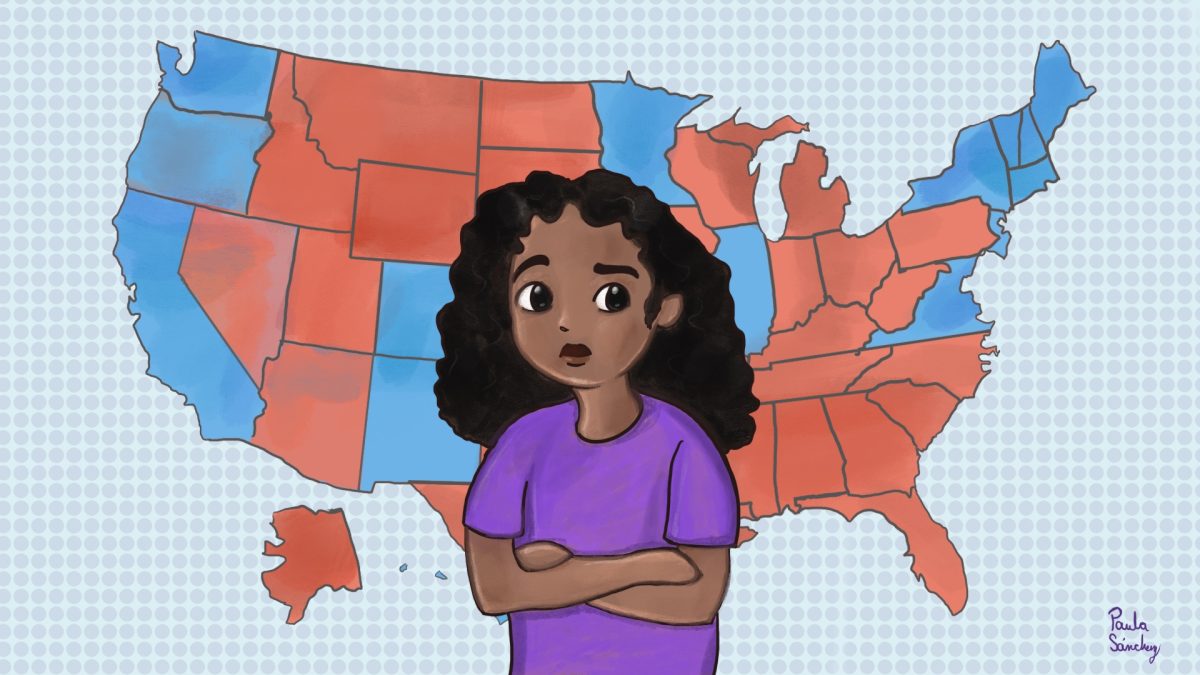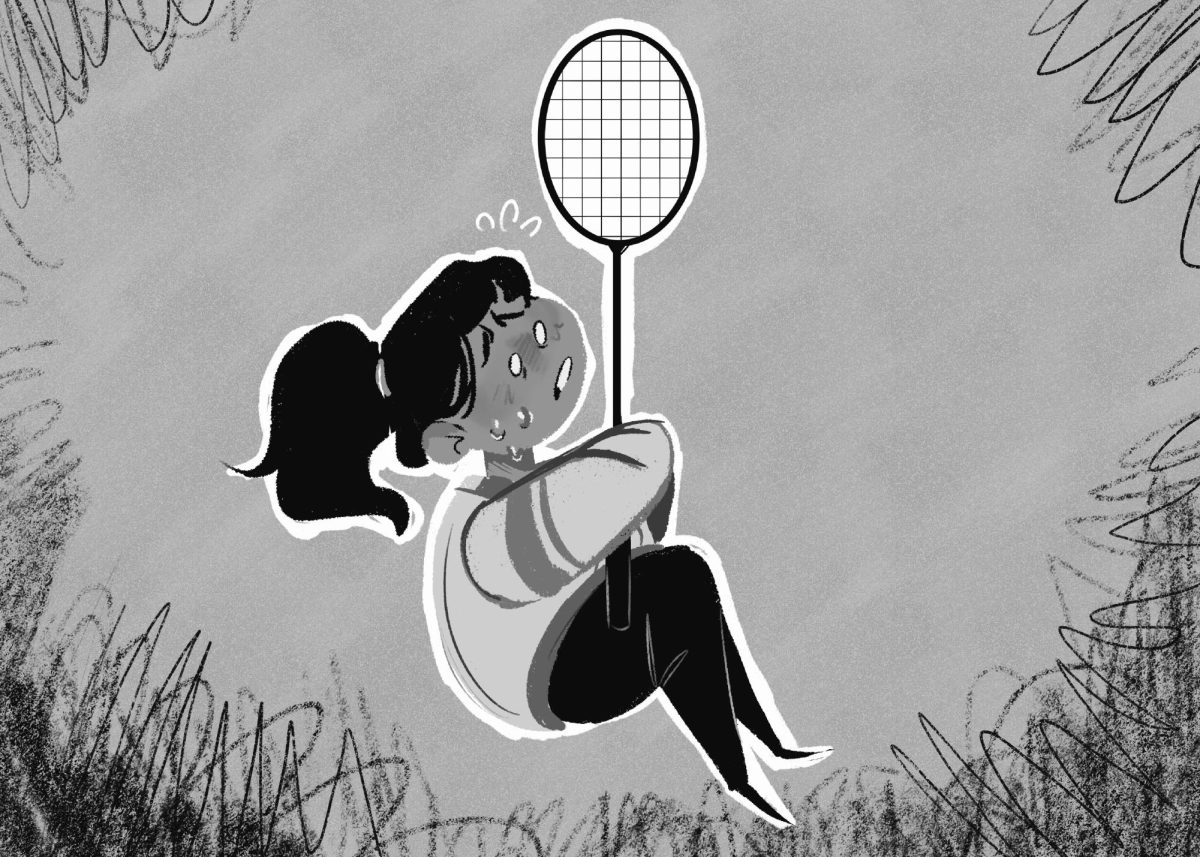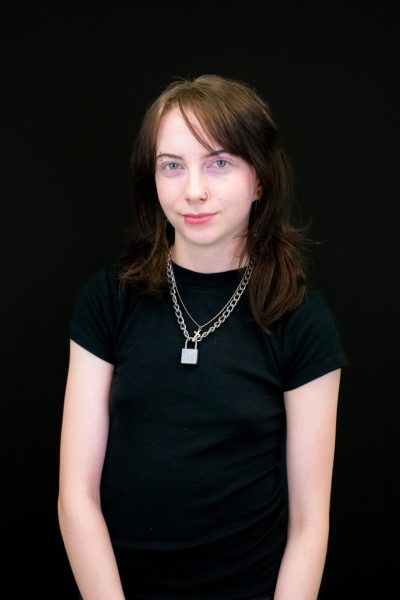Pitchfork announced on Monday, Nov. 11 that Pitchfork Festival would not be returning to Chicago in 2025.
Started in 2005 as a showcase for indie bands, it — and its media manager Pitchfork — gained reputations for being tastemakers. Somewhere where Chicago’s tight-knit music community could get together, not get trampled as you might at Lollapalooza, and see the best of the indie darlings. The first festival boasted Tortoise, the Decemberists and… Diplo. Before Major Lazer, of course.
So it’s understandable that this comes as a blow to Chicago’s music scene. Pitchfork was seen as a refuge for people who cared about the music, not the drinking and partying and festival-going. While it got bigger over the years — 2024’s boasted 100 gecs, Carly Rae Jepsen and Alanis Morissette — it still served as a landing point for the most unique movers and shakers of the industry.
But to anyone who has paid any attention to the journalism or music industries lately, this may not come as a surprise. Pitchfork in particular has been taking hard hits: massive layoffs, general hand-wringing and worst of all, they’re expected to be folded into GQ Magazine. If there is no longer a Pitchfork identity, can we really expect the Pitchfork Festival to exist? Maybe it will come back next year as the GQ Festival.
It’s doubtful. Journalism is struggling across the board; smaller, more niche papers like Pitchfork will just be some of the first to fold. Seeing Pitchfork Festival fold is definitely an unexpected consequence of the wider media crisis.
On the other hand, all those indie darlings are facing some strong headwinds as well. In the age of digital streaming, independent music constantly remains in flux — artists get paid less than pennies a stream, but they can also go viral in a night on social media. Not to mention, a day pass at 2024’s Pitchfork Festival was $134. In 2005, it was $15; $24.83 adjusted for inflation. Is it such a shock to insinuate that some audiences don’t want to pay $134 to see their indie darlings?
Lifeguard is a local band, on the independent label Matador Records, that played Pitchfork Festival 2024. Earlier in the year, they played three free benefit shows: two in support of Palestine, and one in support of the homeless.
Sadly, though they may be a great band, no one is paying $134 to see Lifeguard. They could’ve seen them three other times this year for free. Who they’re paying to see is 100 gecs, Carly Rae Jepsen and Alanis Morrisette. And yes, those artists can be expensive to book, hence the ticket prices.
Respectably, most of Pitchfork’s largest draws do remain on independent labels. This year’s headliners were all independent, the same as all the headliners of 2005. Their lineups were repeatedly filled with movers and shakers of many generations. Yet, the fact that the biggest audience pullers are largely on major labels — including 100 gecs, currently on Atlantic — is unavoidable.
By nature, Pitchfork Festival is not meant to be a revenue maker. While ticket prices may soar, it can be hard to get crowds in to see independent artists. There is an appeal to that — the large community aspect surrounding the Pitchfork Festival is one of the reasons why it’s so devastating to many to see it go. But even with the adoption of some major label artists into their lineups, it would be hard to justify Pitchfork Festival monetarily given their current struggles. Technically, it feels like one of the final layoffs.
Most importantly though, even if Pitchfork Festival, our shining masthead to independent music, has toppled, Chicago’s music community remains tight-knit and independent — and you can still be a part of it.
Scarlet Demore, a completely local Chicago band, made their rounds in basements, dive bars and backyards for seven years before playing Lollapalooza in 2024. Two months later, they played a DIY space named Lot 49 in a show organized by Brain Graffiti, a small zine producer made up of two local students: Jessica Kotlarz and Columbia student Matt Brady.
That alone feels case enough. Scarlet Demore, one of Chicago’s strongest upcoming representatives of homegrown talent, is playing tiny house shows you can go to, now. Before they get famous. Chicago’s next movers and shakers are already moving and shaking in our strong network of DIY spaces like Bookclub, Albion House and VCR, plus our prized collection of small venues: Fallen Log, Beat Kitchen and Gman Tavern, among others.
So yes, it sucks. But Chicago’s music community does not revolve around one festival owned by a large media company — it revolves around us, and what we do. Your next favorite artist won’t be at Pitchfork next year, but they may be at the bar two blocks down from you.
Copy edited by Vanessa Orozco


